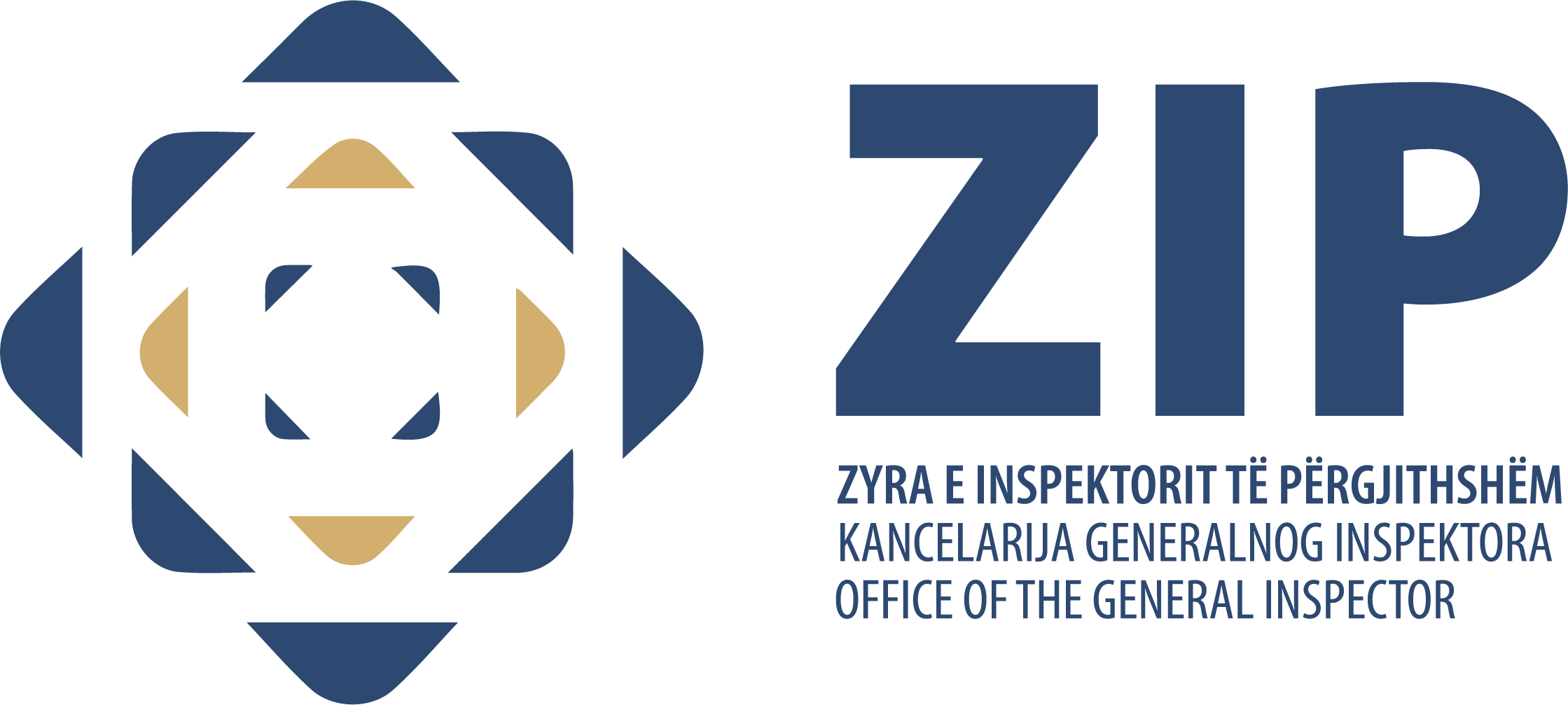Inspections
Inspections
The Republic of Kosovo is committed to conducting inspections founded on the essential principles of transparency, compliance, and fairness. Professional inspection bodies ensure the provision of comprehensive public information throughout the process of exercising their competencies.
These inspection bodies strive to offer support to inspected subjects and plan inspections according to risk. Inspections are carried out following the inspection plan, with exceptions made only when specified otherwise. The inspection process emphasizes concrete evidence and seeks to implement the most favorable measures for the inspected subject, when dealing with unclear or conflicting legal provisions.
Fundamental Principles of Inspection in the Republic of Kosovo
Transparency
Inspection bodies share suitable public information, while safeguarding personal data and business secrets.
Independence & Professionalism
Inspectors act autonomously and professionally, without influence from politics or other factors.
Proportionality
Inspections are efficient with minimal intervention, based on the severity, consequences, and circumstances of the violation.
Coordination and Rationalization
Coordinated inspections to avoid duplication and ensure resource efficiency.
Risk-based Approach
Inspections planned according to risk levels, categorizing inspected subjects in accordance with circumstances.
Support for inspected subjects
Active measures to assist compliance through guidance, manuals, and technological tools.
Evidence-based Inspections
Objective assessments based on evidence and consistent measurements.
Planned Inspections
Inspections are conducted only according to the plan, with exceptions being cases provided for by law.
Most Favorable Legal Disposition
When laws are unclear or contradictory, the inspector acts in the manner least detrimental to the inspected subject.
Scheduled inspection
Scheduled inspections are at the heart of quality assurance and adherence to legal standards. These inspections are approved based on an annual inspection plan prepared by the inspection bodies.
Scheduled inspections are organized using a risk-based approach, to ensure that critical areas are fully controlled. Scheduled inspections take place at different periods: weekly, biweekly, monthly, quarterly, or any other agreed frequency.
The inspection plans are published on the webpages of the Office of the General Inspector and the respective inspection body. The publication of inspection plans may be subject to exceptions according to specific laws.
Unscheduled inspection
Inspections may be unexpected, and this occurs for a valid reason. An unscheduled inspection can be carried out even without prior approval according to Article 27 of the Law on Inspections.
Unscheduled inspections can be approved in exceptional cases when there is suspicion of a legal violation or risk to public interest, such as public health, safety, or the environment, then the inspector decides on an unscheduled inspection.
An unplanned inspection may be decided upon in cases of disaster or serious damage, in defense of the public interest.
An unscheduled inspection occurs when there is a grounded complaint that exposes a violation of the law and presents a risk to public interest, then the inspection body takes action by requesting an unscheduled inspection.
An unscheduled inspection occurs when requested by local authorities such as the judiciary, police, or other relevant bodies.
Joint Inspection
Inspectorates, along with the Office of the General Inspector can collaborate with other relevant institutions in the state of Kosovo for joint inspections. The process of a joint inspection begins with a written request. However, in urgent situations, verbal requests can also initiate the procedure. Upon the completion of an urgent joint inspection, a written confirmation is required, emphatically stating the reasons for the urgency.
By merging strengths with other institutions, the Office of the General Inspector can maximize inspection efficiency and ensure comprehensive supervision. This collaboration has the potential to greatly increase the effectiveness of our shared goal – maintain the highest standards of inspection.
Re-inspection
Re-inspection aims to verify the remediation of the violations found in a previous inspection and is limited only to the violations and tasks captured in the last inspection record. Re-inspection may be conducted only after the expiration of the time period assigned to the inspection subject for remediating the violations noted in the last inspection record. The re-inspection and the correction period according do not exclude the inspection for other violations.
